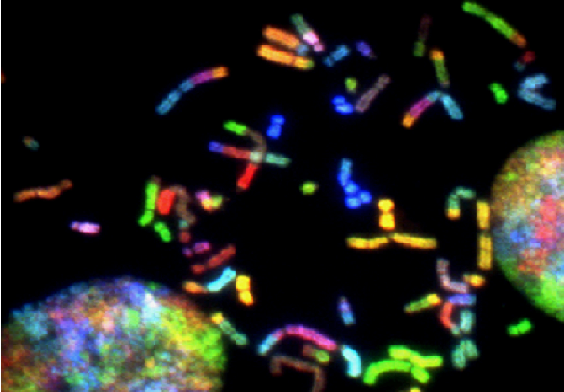September 13, 2021: “Novartis announced that the US Food and Drug Administration (FDA accepted the Biologics License Application (BLA) for anti-PD-1 immune checkpoint inhibitor tislelizumab for the treatment of unresectable recurrent locally advanced or metastatic esophageal squamous cell carcinoma (ESCC) in people who had received prior systemic therapy.
“This is an encouraging step forward in our mission to deliver transformative therapies for people living with cancer, and especially for people with esophageal cancer, an aggressive disease with limited treatment options,” said Jeff Legos, Executive Vice President, Global Head of Oncology & Hematology Development.
“We are advancing tislelizumab as a key cornerstone of our immunotherapy program and PD-1 backbone for combination therapy. We will work with regulatory authorities to ensure it is available for people with esophageal cancer as soon as possible.”
Tislelizumab is a humanized IgG4 anti-PD-1 monoclonal antibody being developed both as a monotherapy and in combination with other therapies.
The BLA submission was based on data from the Phase III RATIONALE 302 trial, which demonstrated a 30% reduction in the risk of death (HR=0.70, 95% CI: 0.57-0.85, p=0.0001) and extended median overall survival by 2.3 months compared to chemotherapy in people with unresectable recurrent locally advanced or metastatic ESCC who had received prior systemic therapy.
About Esophageal Cancer
ESCC is the most common type of esophageal cancer globally and the sixth leading cause of cancer-related death worldwide.
There are approximately 17,000 people living with ESCC in the United States and in 2021, and it is estimated that there will be 19,000 new esophageal cancer cases diagnosed and more than 15,000 deaths from esophageal cancer.
Globally, in 2020, there were more than 604,000 new cases of esophageal cancer and 544,000 deaths from esophageal cancer.2 More than two-thirds of people with ESCC have advanced or metastatic disease at the time of diagnosis.
The five-year survival rate for esophageal cancer is 19.9%, and the five-year survival rate for metastatic disease is even lower at 5.2%.
About Tislelizumab
Tislelizumab is a humanized IgG4 anti-PD-1 monoclonal antibody specifically designed to minimize binding to FcγR on macrophages.
In pre-clinical studies, binding to FcγR on macrophages has been shown to compromise the anti-tumor activity of PD-1 antibodies through activation of antibody-dependent macrophage-mediated killing of T effector cells. The clinical impact of these features is not yet known.
BeiGene filed the BLA on behalf of Novartis in the United States for tislelizumab for the treatment of unresectable recurrent locally advanced or metastatic ESCC in people who had received prior systemic therapy.
In an agreement finalized earlier this year, BeiGene granted Novartis rights to develop, manufacture, and commercialize tislelizumab in North America, Europe, and Japan through a collaboration and license agreement.”


